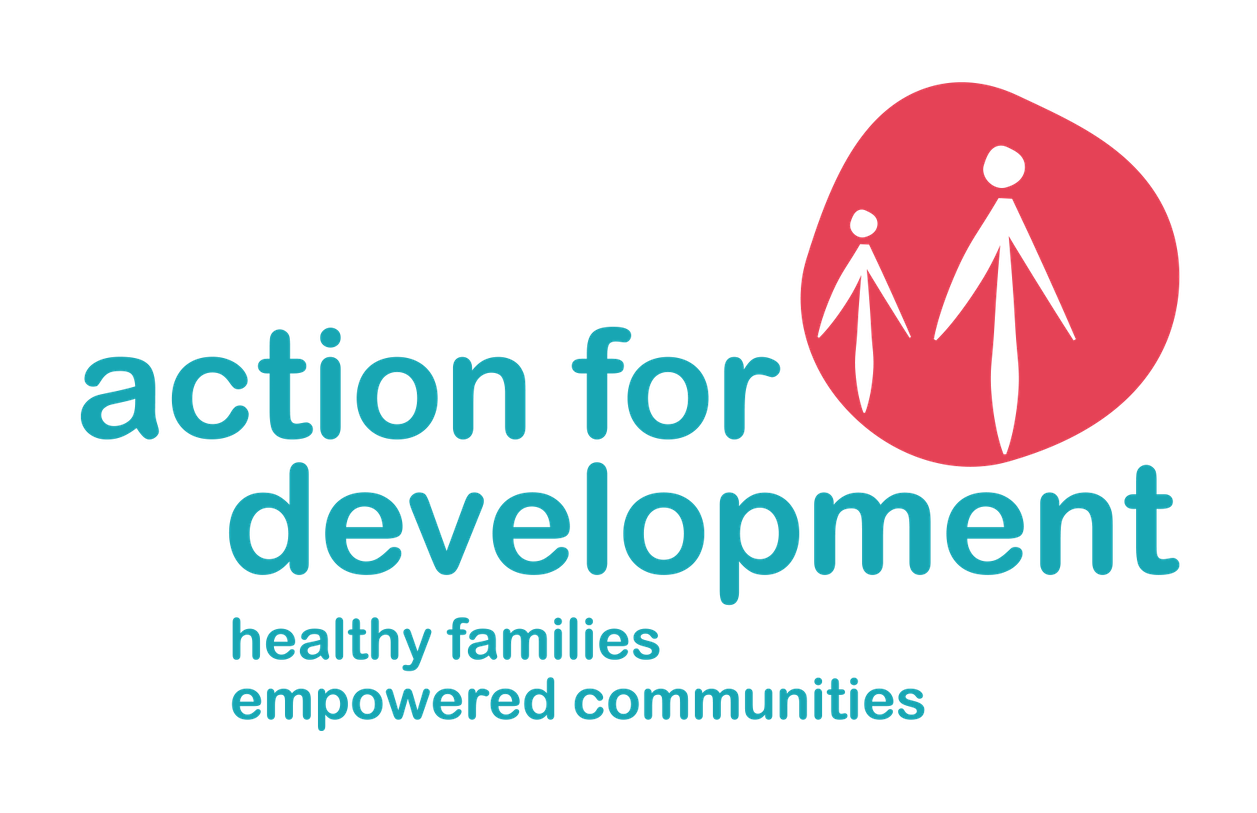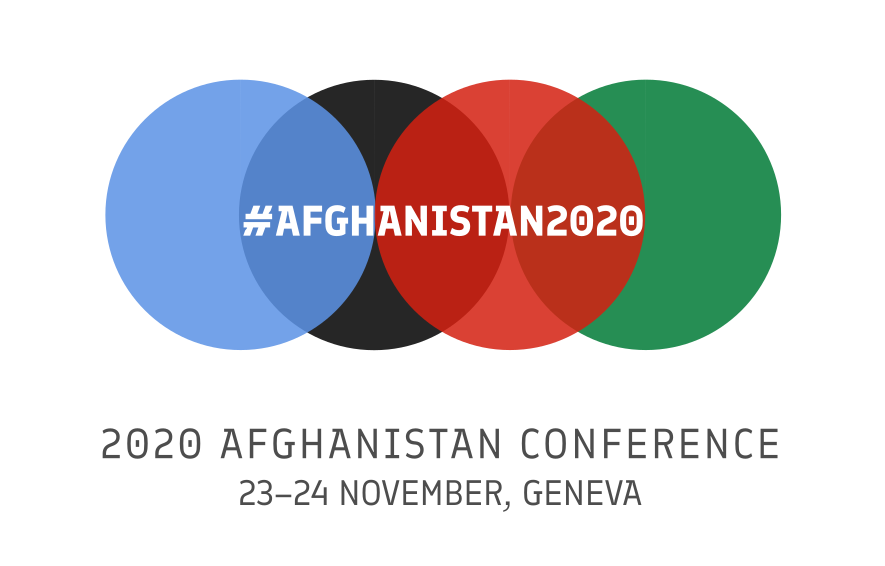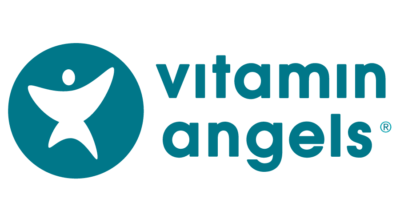Elena Moroni, External Relations Officer, Action for Development (AfD) 23 November 2020
About the Conference
The 2020 Afghanistan Conference is a ministerial pledging conference, co-hosted by the Governments of Afghanistan and Finland with the United Nations, taking place 23–24 November. The quadrennial pledging conference is an important opportunity for Afghanistan and the international community to commit to common objectives for promoting sustainable development, prosperity and peace in the country.
A central aim of the conference is to determine shared development objectives and commitments for the period 2021–24 for the Afghan government and the international community.
The shared development objectives will guide development cooperation and provide financial support for Afghanistan. In addition to the pledges of financial support, a new development framework, a joint political declaration and a new aid architecture supporting Afghanistan’s development needs and priorities are the anticipated outcomes of the conference.
The conference plenary will take place on 24 November, with side events on 23 November. The conference is expected to bring together more than 70 countries, international organisations and agencies, as well as civil society representatives. It was last held in 2016 in Brussels and in Tokyo in 2012.
23 Nov 2020
Side event 1:
‘SUSTAINABLE PEACE BUILDING’
The Afghanistan peace negotiations that started two months ago offer new perspectives for peaceful development, after nearly four decades of conflict. While the start of talks is an achievement, in order to ensure a just and lasting peace, the process must be inclusive and participatory, at all stages and all levels of discussion.
The ‘Sustainable Peace Building’ side event, co-hosted by the Government of Afghanistan, European Union and the United Nations Assistance Mission in Afghanistan, will bring together key decision-makers from the Afghan government, the international community and civil society to discuss and promote inclusive and participatory approaches to peace building. The event will be divided into two segments, the first on safeguarding and strengthening human rights and women’s participation and the second on reintegrating refugees and returnees. Both segments address key prerequisites for a successful peace process.
Welcome and opening remarks by the co-chairs:
• AFG: H.E. Mohammad Haneef Atmar, Minister of Foreign Affairs of the Islamic Republic of Afghanistan
• EU: H.E. Janez Lenarcic, European Commissioner for Crisis Management
Keynote addresses:
• AFG: H.E. Rula Ghani, First Lady of the Islamic Republic of Afghanistan
• AFG: H.E. Seyed Sadat Mansoor Naderi, State Minister of Peace of the Islamic Republic of Afghanistan
• UN: Ms Michelle Bachelet, UN High Commissioner for Human Rights

Segment A: Safeguarding and strengthening human rights and women’s participation
Opening remarks:
• AFG: Mr Mohammad Masoom Stanekzai, Chief Negotiator, Afghanistan Peace Negotiation Team
Panel discussion: • UN: Ms. Phumzile Mlambo-Ngcuka, Executive Director, UN Women
• NO: H.E. Ine Eriksen Søreide, Minister of Foreign Affairs
• SE: H.E. Robert Rydberg, Deputy Minister of Foreign Affairs
• DE: Mrs. Prof. Dr. Claudia Warning, Director General for Asia, Latin America, Southeastern and Central Europe, the Middle East, Civil Society and Churches
• AFG: Ms Shaharzad Akbar, Chairperson, Afghanistan Independent Hu-man Rights Commission
• AFG: Dr (Ms) Habiba Sarabi, Afghanistan Peace Negotiation Team
• AFG: Ms Fawzia Kofi, Afghanistan Peace Negotiation Team
• CSO: Ms Mary Akrami, Executive Director, Afghan Women’s Network
Concluding remarks: • AFG: H.E. (Ms) Hasina Safi, Minister of Women’s Affairs
Segment B: Reintegrating refugees and returnees Opening remarks:
• UN: Mr Filippo Grandi, UN High Commissioner for Refugees
Panel discussion:
• AFG: H.E. Noor Rahman Akhlaqi, Minister for Refugees and Repatriation
• UK: Baroness Liz Sugg, Minister for Sustainable Development, Foreign, Commonwealth and Development Office
• WB: Mr Hartwig Schafer, Vice-President South Asia
• UN: Mr António Vitorino, Director General, International Organization for Migration
• CSO: Ms Charlotte Slente, Secretary General, Danish Refugee Council
• Afghan Diaspora Representative: Mr. Farid Zarif
Concluding remarks:
• UN: Mr Filippo Grandi, UN High Commissioner for Refugees Closing remarks by co-chairs:
• AFG: H.E. Mohammad Haneef Atmar, Minister of Foreign Affairs of the Islamic Republic of Afghanistan
• EU: H.E. Janez Lenarcic, European Commissioner for Crisis Management
You can watch the full event at UN WebTV
Side Event 2:
‘Institutional and societal methods for fighting corruption’
Objective: Raise awareness amongst delegates on the importance of anti-corruption efforts in Afghanistan, and generate innovative ideas for reform, based on lessons from past experiences in Afghanistan and elsewhere.
Discussion topic: State-building and good governance rely on the rule of law as well as transparent, efficient and accountable institutions. Integrity must be built by the government and by all segments of society: from the grassroots up, and from the national level down. The anti-corruption side event will look at lessons learned from fighting corruption in different contexts and how they may be applied more efficiently to Afghanistan, particularly in light of achieving the Sustainable Development Goals, such as peace, justice and strong institutions. In addition to institutional measures, civil society, religious leaders, community elders and free media also have an important role in fostering accountability and enabling the growth of broad confidence in public institutions.
Video: “How does Corruption hurt me?”
Introduction and opening remarks:
H.E. Ms Alison Blake CMG, Ambassador of the United Kingdom to Afghanistan
H.E. Lord Ahmad of Wimbledon, Minister of State, UK Foreign, Commonwealth & Development Office.
H.E. Jutta Urpilainen, Commissioner for International Partnerships, European Commission
Ms Deborah Lyons, Special Representative of the Secretary-General of the United Nations for Afghanistan
Keynote address:
H.E. First Vice-President Amrullah Saleh
Video: “How do I fight against corruption in my country?”
Panel discussion:
Moderator: Ms Romana Schweiger, UNAMA
Lailuma Nasiri, Afghanistan Justice Organization
H.E. Andreas van Brandt, Ambassador of the European Union to Afghanistan
H.E. Farid Hamidi, Attorney General
Ms Heather Marquette, University of Birmingham & Senior Research Fellow, FCDO
H.E. Ghizaal Haress, Ombudsperson
Mr John Brandolino, Director, Division for Treaty Affairs, UNODC
Concluding remarks: H.E. Alison Blake, Ambassador of the United Kingdom to Afghanistan
Video: “Why is my future better without corruption?”
Concept note available here
Side Event 3:
‘Economic Priorities and Aid Effectiveness’
USA, MoF & UNDP
What are Afghanistan’s economic priorities and how can effective aid planning and partnership move Afghanistan away from donor dependence and towards greater self-reliance through the incorporation of private sector-led economic growth, trade, and regional connectivity into development plans for 2020-24?
This side event is intended to broaden the discussion beyond donor/partner funding flows to a more inclusive discussion of economic development investment that integrates all stakeholders in economic development, for growth through investment.
Keynote Speakers:
 USA: Acting USAID Deputy Administrator John Barsa – Anticipated Topic: Journey to Self-Reliance; Importance of Private Sector Investment
USA: Acting USAID Deputy Administrator John Barsa – Anticipated Topic: Journey to Self-Reliance; Importance of Private Sector Investment
 UNDP: Assistant Secretary General/Assistant Administrator & Regional Director Regional Bureau for Asia and the Pacific, Mrs. Kanni Wignaraja – Anticipated Topic: The immediate actions and reforms priorities for Government and international partners in Afghanistan
UNDP: Assistant Secretary General/Assistant Administrator & Regional Director Regional Bureau for Asia and the Pacific, Mrs. Kanni Wignaraja – Anticipated Topic: The immediate actions and reforms priorities for Government and international partners in Afghanistan
Panelists & Key Topics to Address:
 UNDP: Mr. Abdullah Al Dardari (Resident Representative -Afghanistan) Topic: Consider how private sector investment decisions can form part of a connected portfolio that engages multiple levers of change so as to achieve maximal coordinated development impact that reflects on SDG progress.
UNDP: Mr. Abdullah Al Dardari (Resident Representative -Afghanistan) Topic: Consider how private sector investment decisions can form part of a connected portfolio that engages multiple levers of change so as to achieve maximal coordinated development impact that reflects on SDG progress.
 World Bank: Mr. Henry Kerali (Country Representative) Topic: Review key sectors for growth identified and prioritized in the ANPDF II, the PFFP, etc. How do these match envisioned private sector investment trends?
World Bank: Mr. Henry Kerali (Country Representative) Topic: Review key sectors for growth identified and prioritized in the ANPDF II, the PFFP, etc. How do these match envisioned private sector investment trends?
European Union: Mr. Jean-Louis Ville (Acting Director for Asia, Central Asia, Middle East/Gulf and Pacific in the DEVCO) Topic: Consider what drives private sector investment decisions and how these adopt or influence national development planning. What is the biggest single opportunity driving Afghanistan’s economic growth and how can both the GoIRA and the private sector work together to seize that opportunity?
 Central Bank of Afghanistan: Mr. Ajmal Ahmady (Chairman) Topic: What are the credit opportunities available to enhance investment opportunities and small business development?
Central Bank of Afghanistan: Mr. Ajmal Ahmady (Chairman) Topic: What are the credit opportunities available to enhance investment opportunities and small business development?
 Afghan Women’s Chamber of Commerce: Ms. Manizha Wafeq (Chairperson) Topic: Identification of key business operational constraints and private sector views of investment opportunities and barriers (including for women).
Afghan Women’s Chamber of Commerce: Ms. Manizha Wafeq (Chairperson) Topic: Identification of key business operational constraints and private sector views of investment opportunities and barriers (including for women).
Aga Khan Development Network: Mr. Michael Kocher Topic: Review the extent to which non-traditional partnerships can be leveraged in the investment and development landscape to provide additional opportunities for expanded regional coordination or private sector investment that enhances existing aid effectiveness and boosts sustainable economic growth.
Concept note available here


